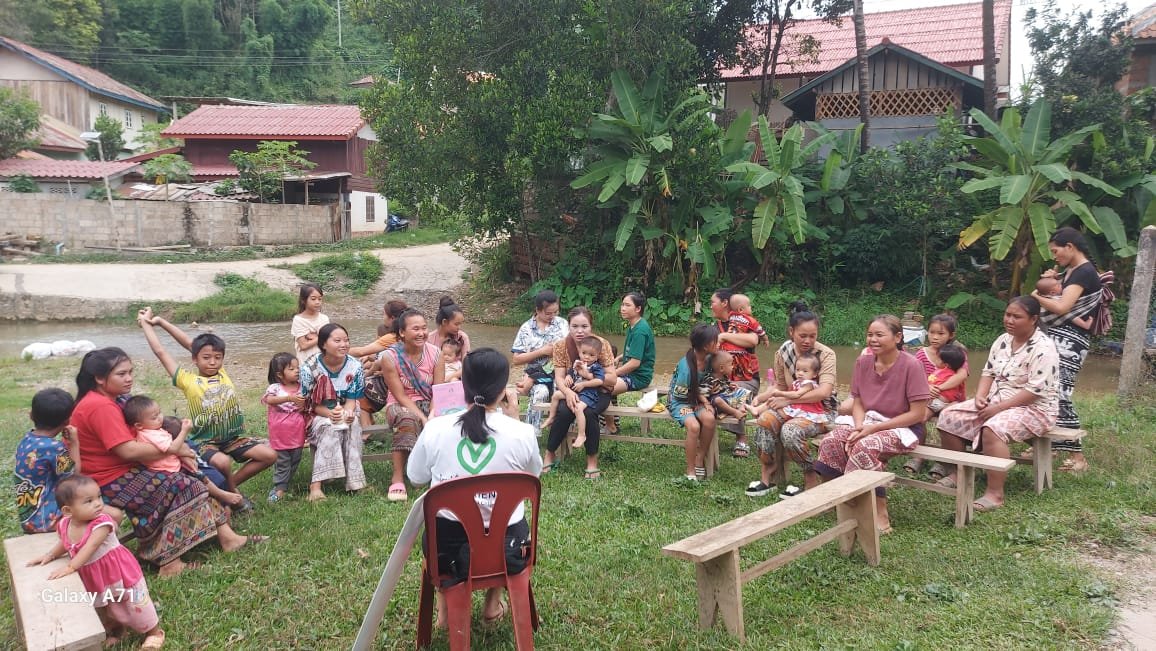The Prevention Team Combats Malnutrition on the Ground in Local Communities
In early June, the LFHC prevention Team traveled to Nan District to continue their vital work combatting malnutrition in some of the most deprived and remote communities in Northern Laos. In partnership with UNICEF, the prevention program follows the 1000-day principle of supporting moms and newborns from conception through to a child's second birthday.
During this month-long field trip, the team had seven specific aims. The first was to conduct growth monitoring checks for children under two years old by measuring MUAC (mid upper arm circumference), weight, and height. This crucial step allowed the team to identify children with SAM (Severe Acute Malnutrition) and MAM (Moderate Acute Malnutrition), enabling them to provide the necessary counseling and support.
Upon identifying families with SAM and MAM children, the prevention team and local village health workers stepped in. They provided not just health education, but also RUTF (ready-to-use therapeutic food) supplements and seeds to cultivate nutritious crops for the children, showcasing the holistic nature of their support.
The team will provide health education for the villagers, mothers, pregnant mothers, and children through case studies about good and bad nutrition and the crucial role of exclusive breastfeeding, using awareness videos and group discussions.
These group discussions will then be broken down into specific groups. For example, a dedicated group for mothers will focus on good nutrition beginning from their pregnancies, exclusive breastfeeding for their children up to 6 months, and continuing to breastfeed their children with supplement foods until 2 years of age to avoid malnutrition for their children.
The following aims and objectives focus on health center staff and village health volunteers. The prevention team will review health center staff to measure progress from the previously provided training. They will also organize meetings with village health volunteers to assess their skills in growth monitoring, tools reviewing, and addressing their good practices and challenges to health volunteers.
These measures will help combat malnutrition by providing immediate care for SAM and MAM children and implementing a long-term educational and organizational strategy to prevent children born in the future from suffering from malnutrition.

